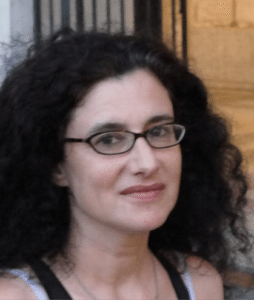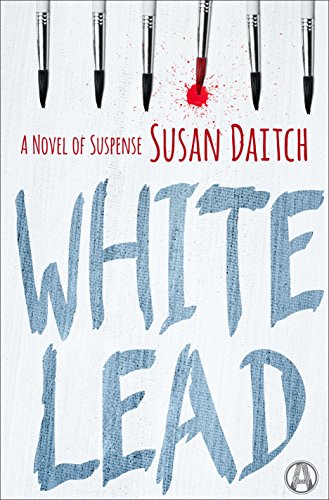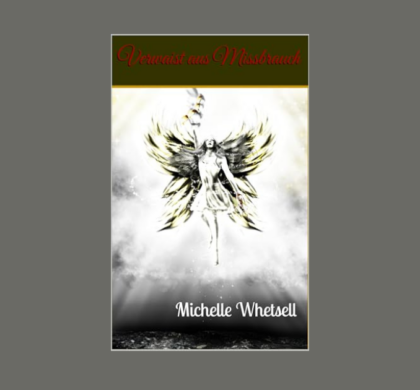Interview with Susan Daitch, author of White Lead
16 Nov 2016
What can you tell us about your new release, White Lead?
White Lead is a thriller set on the edges of the New York art world. I wanted to work with a character who has specific skills: an art conservator who knows about chemistry and poisons because that’s her stock in trade. Like Walter White in Breaking Bad, Stella DaSilvera can use what she knows to solve problems. The auction house where she works sells some of the most valuable art in the world, and when the book opens Velazquez’s Las Meninas has just arrived in her lab.
Working late at night, she hears screams coming from her boss’ office. She goes to investigate, but hearing screams from his office is not unusual, so she changes her mind, and returns to her lab. In the space of just a few minutes, it becomes apparent someone else is the room. There’s a body in front of the painting. It’s not just any body. The man is dressed as if he’d just stepped out of the painting of seventeenth-century Spanish royalty. Stella becomes both a prime suspect and on the hit list of the actual criminals. Within less than an hour, she’s on her own in a city where the rats aren’t just in the subways.
Who’s your favorite character from literature?
I don’t have a particular favorite, but I chose a character I thought about quite a bit when I first encountered her: Harriet from Harriet the Spy. Apart from her snobbery, which is not very attractive, she’s ingenious, and she learns from her mistakes. The idea of having a notebook is a great structure, giving the reader a frame story, a story within a story. (I used a series of translated notebooks in my first novel, L.C.) Harriet’s a flawed character but wonderfully observant. There’s a sharp conflict between what she tells herself and the face she presents to the rest of the world. As a writer, there was a lot to be learned from the contradictions generated by that conflict.
What books do you find yourself returning to again and again?
Was by Geoff Ryman, a novel about The Wizard of Oz. Each chapter is told from a different point of view: Dorothy as a child, an orderly who encounters the aged Dorothy years later, Judy Garland’s make up artist, to name just a few. The novel looks at an iconographic story from a variety of angles, and so reinvents it in the process, and neither the Francis Baum books nor the movie can ever be the same again. Primo Levi’s Periodic Table of the Elements which combines chemistry and biography and imaginative storytelling. Each element is a catalyst for memories of childhood, his experience Italy during the war, in the camps and after. Some of the chapters, such as the meditation on iron, lead to a fantastic story. Jean Shepherds’ In God We Trust, All Others Pay Cash, for comedy at three in the morning.
Say you’re the host of a literary talk show. Who would be your first guest? What would you ask?
Philip Kerr. I’d want to know why none of the Bernie Gunther thrillers have been made into movies or television series? In Kerr’s novels, the reader feels completely transported to the world of Isaac Newton, an intelligent high rise in Los Angeles, Berlin in the thirties, the near future in London in which serial killers are named after philosophers. It’s more than just research, and I’d ask how he goes about creating these worlds, each one so different from the other.
BAM. You’re a superhero. What’s your superpower?
To be able to survive on little or no sleep. Stella is an insomniac, but it takes its toll, that I’ll-sleep-when-I’m-dead attitude. As superhero who doesn’t need to sleep, there is no downside.
What makes your world go round? Why does it bring you joy?
Conversations with my son, seeing him when he’s back from school. In fact, I would give him the gift of picking any superpower if I could.
What scene in White Lead was your favorite to write?
I don’t want to have to issue a spoiler alert, so I’d say the task of weaponizing objects whose purposes are usually peaceful: a pot of cherry syrup, a crane, one of Jeff Koons’ paintings of a balloon dog.
Do you have a motto, quote or philosophy?
“And in this shifting, inhospitable atmosphere, a chance encounter changed my life.” Patti Smith
Susan Daitch is the author of the new book White Lead.
Connect with Susan:
Author Website
Twitter
Buy The Book
Sign up for our email and we’ll send you the best new books in your favorite genres weekly.
Related
grant
Recommended Posts

6 New Religious Fantasy & Science Fiction Novels
26 Dec 2024 - Books to Read if You Like..., eBook, Fantasy & Science Fiction, News



